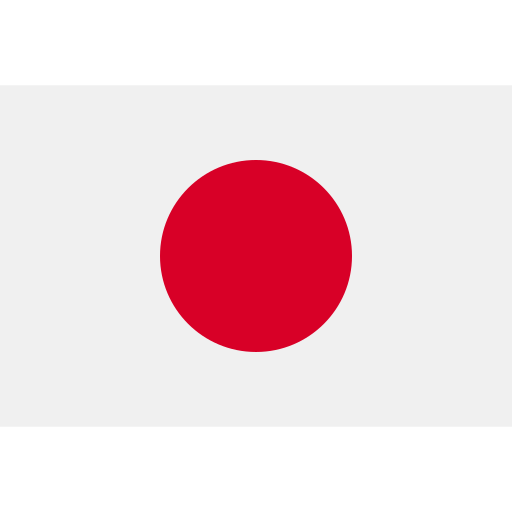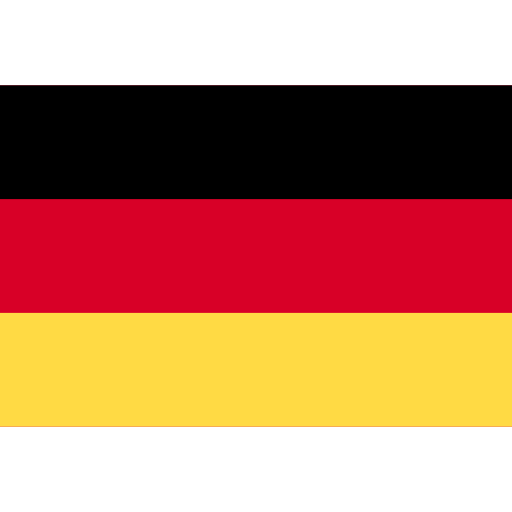Japan schools to use digital textbooks for English classes from 2024 academic year – The
[ad_1]
TOKYO — The full-scale implementation of digital textbooks is set to begin in the 2024 academic year in English classes for fifth grade to third-year middle school students in Japan.
The Ministry of Education, Culture, Sports, Science and Technology presented the plan to a working group of the Central Council for Education, and received basic approval on Aug. 25. For the time being, digital textbooks will be used alongside their paper counterparts, as the education ministry attempts to establish the usage of e-books for the subject of English to bring benefits from their audio functions to practice pronunciation. Digital textbooks will then be adopted as a teaching tool for other subjects in stages from 2025.
In the 2021 academic year, the education ministry began a trial project for digital textbooks at around 40% of elementary and junior high schools across Japan. Through the Japanese government’s “GIGA School Program,” one digital device, such as a tablet computer, has been distributed to elementary and middle schoolers, and during this academic year, English digital textbooks are being used on an experimental basis at almost all national and public elementary and junior high schools nationwide.
There is high demand for playback functions of recordings by native English speakers reading aloud passages. Therefore, the education ministry decided to introduce digital textbooks, which allow users to listen to audio repeatedly, starting with the subject of English.
The working group of the Central Council for Education had discussed multiple scenarios regarding the transition to digital textbooks, including a plan to replace paper textbooks with digital ones for all subjects. While considering concerns over the deterioration of eyesight due to the usage of digital devices, as well as expert opinion that paper is more suitable for comprehending texts, it was decided that paper and digital versions will be used together for the time being.
The ministry also plans to prioritize discussion on implementing digital textbooks for math and arithmetic classes from as early as the 2025 academic year. This decision is based on strong responses from students who participated in the trial project and found that digital textbooks effectively enhanced understanding on three-dimensional objects, as they were able to move shapes on the screen.
Meanwhile, ensuring internet access at schools is a challenge moving forward. When an education ministry survey asked teachers what they found inconvenient when using digital textbooks, allowing for multiple answers, 48.5% mentioned the hassle of handling cases where screens freeze or show an error message, while 40.8% said there were too many students who had trouble logging onto devices every class hour. It seems that weak communication infrastructure at schools is causing such issues.
Nearsightedness in children is another problem. A school health survey carried out in the 2021 academic year reported that 60.28% of middle schoolers had unaided vision below 1.0 (which corresponds to 20/20 vision) — a record-high percentage. There have also been growing concerns regarding the link between the usage of information and communication technology devices and myopia in children. The education ministry is also set to provide guidance on ways to use digital devices while taking eye health into consideration.
(Japanese original by Makoto Fukazu, Tokyo City News Department)
[ad_2]
Read More:Japan schools to use digital textbooks for English classes from 2024 academic year – The


 Canada
Canada Japan
Japan Germany
Germany Australia
Australia United States
United States United Kingdom
United Kingdom China
China France
France Ukraine
Ukraine Russia
Russia Turkey
Turkey